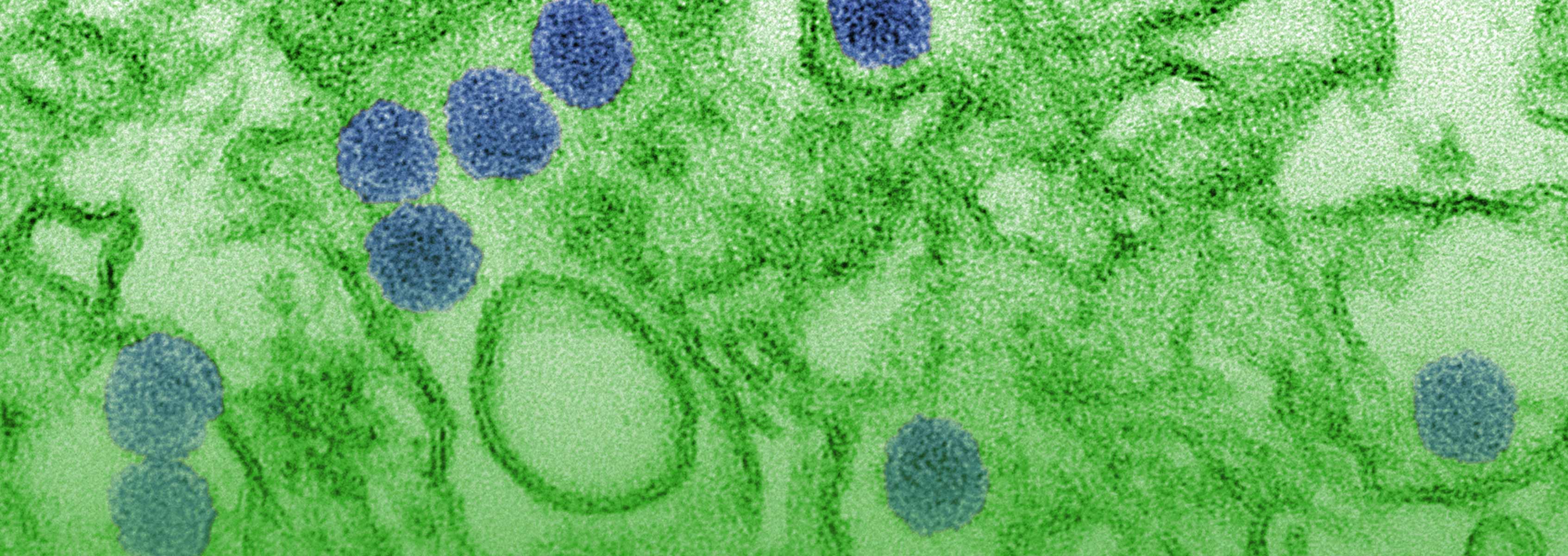Genomics of Zika Virus

We are investigating the genomics, phylodynamics, and genotype-phenotype correlations of Zika virus (ZIKV). Our interest is to not only generate next-generation sequence data, but to mine this sequence data to better understand the evolution, pathogenesis, and transmission of ZIKV following the outbreak in Brazil in 2015. To meet these goals, we established collaborations across the globe to obtain clinical samples of infected patients or virus isolates, along with the associated metadata. By integrating the sequence data and the associated metadata, we have established laboratory and bioinformatics-based methods that enable us to investigate scientific questions including: the tropism of ZIKV for dendritic cells and the antiviral response of the cells during infection (Bowen et al. 2017); investigating the phylogenetic diversity of strains obtained by Biodefense and Emerging Infections (BEI) Resources and distributed to virologists (manuscript in preparation); the genetic determinants of ZIKV host adaptation in C6/36 mosquito vs. Vero cells; and the diversity of ZIKV circulating in limited geographic regions, including Barbados, Colombia, and the state of Chiapas, Mexico.
Publications
Journal of virology. 2019-07-15; 93.14:
Human Monoclonal Antibodies Potently Neutralize Zika Virus and Select for Escape Mutations on the Lateral Ridge of the Envelope Protein
mBio. 2019-04-02; 10.2:
Antibodies Elicited by an NS1-Based Vaccine Protect Mice against Zika Virus
Virus research. 2019-04-02; 263.173-178.
Optimization of qRT-PCR assay for zika virus detection in human serum and urine
Scientific reports. 2018-10-26; 8.1: 15843.
Whole genome sequencing, variant analysis, phylogenetics, and deep sequencing of Zika virus strains
Genome announcements. 2018-06-14; 6.24:
Sequences of Zika Virus Genomes from a Pediatric Cohort in Nicaragua
Genome announcements. 2018-01-25; 6.4:
Whole-Genome Sequences of Zika Virus FLR Strains after Passage in Vero or C6/36 Cells
PloS one. 2017-05-31; 12.5: e0178199.
Identification of diagnostic peptide regions that distinguish Zika virus from related mosquito-borne Flaviviruses
PLoS pathogens. 2017-02-01; 13.2: e1006164.
Zika Virus Antagonizes Type I Interferon Responses during Infection of Human Dendritic Cells
Funding
Funding provided by the National Institute of Allergy and Infectious Diseases U19AI110819 and Administrative Supplement.